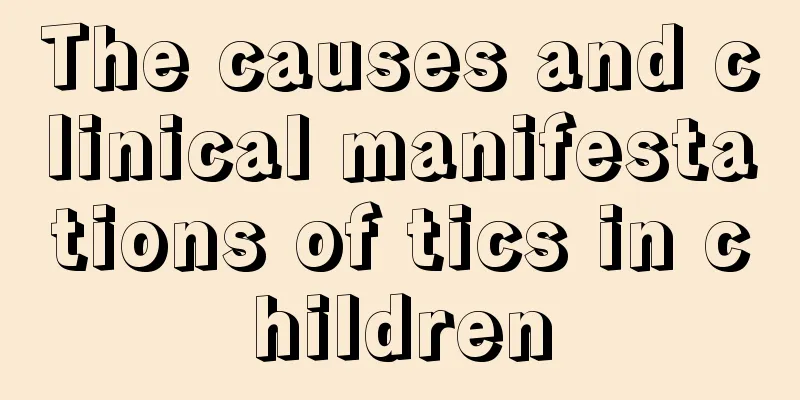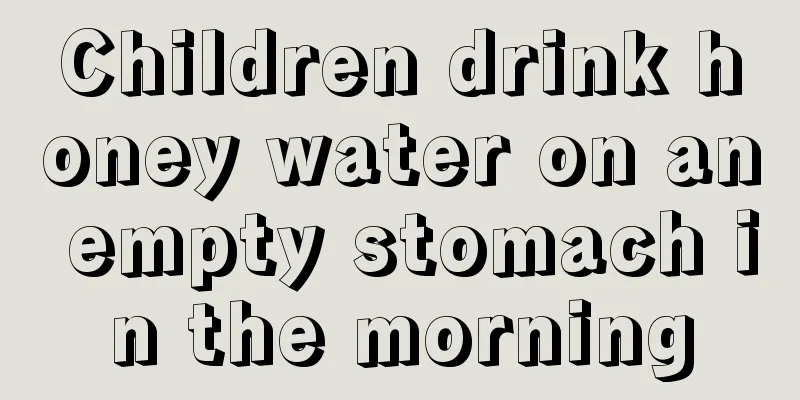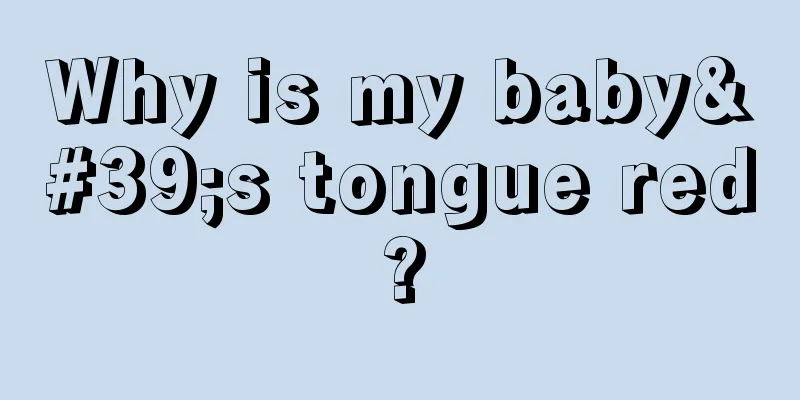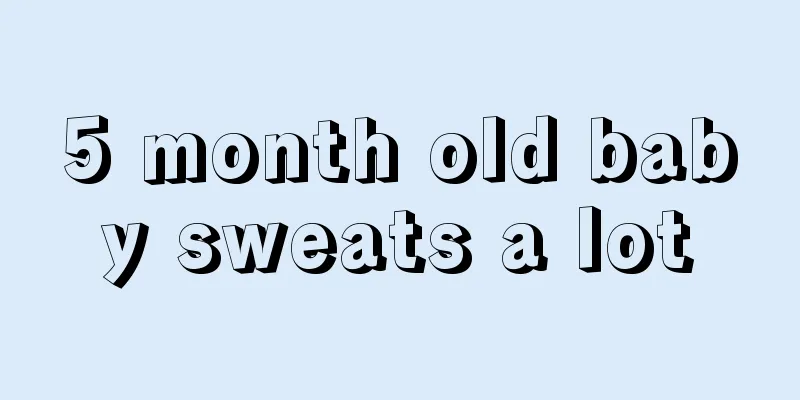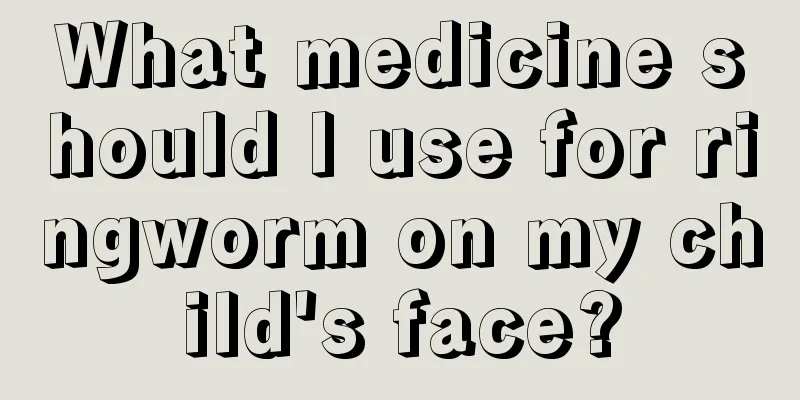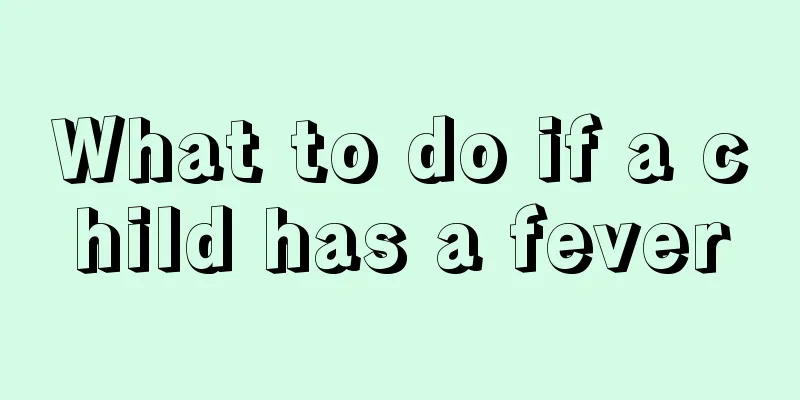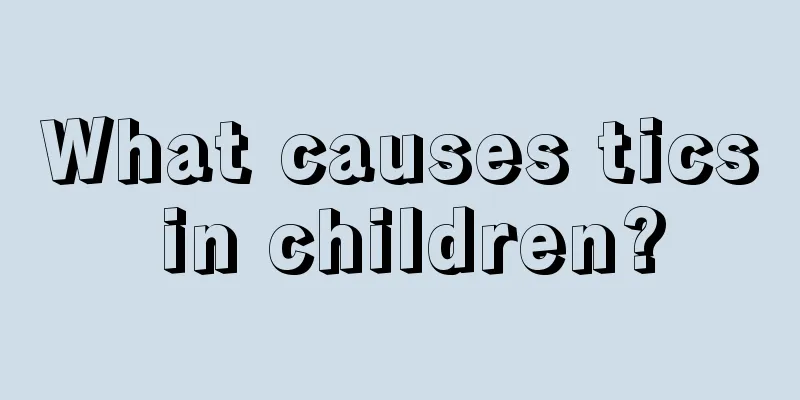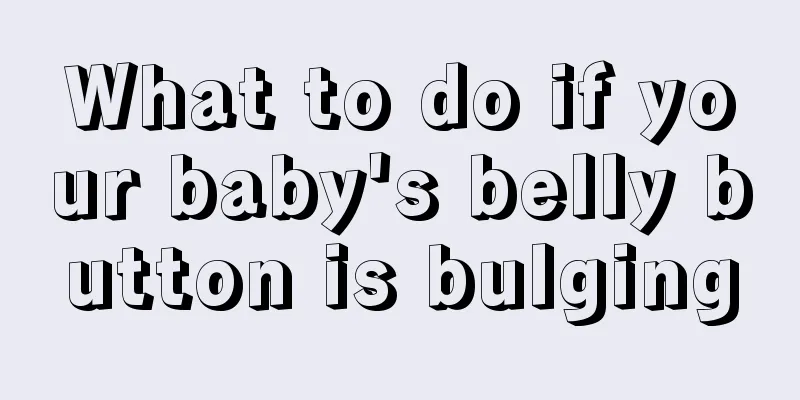Parents should understand the symptoms of baby allergies!
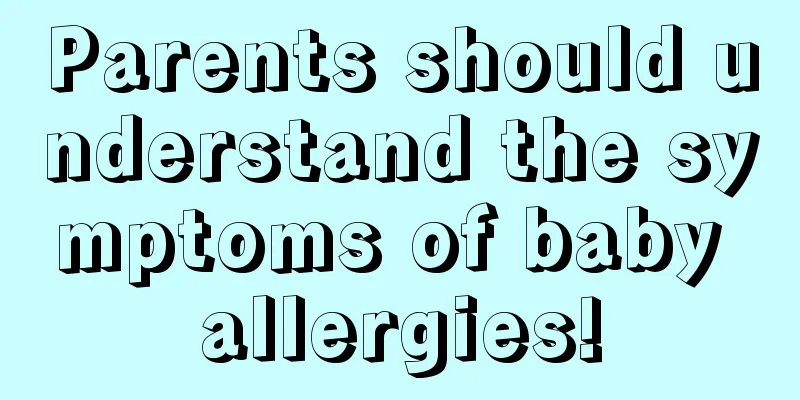
|
A baby's body is relatively fragile and has low resistance, so it is easy for them to suffer from allergies. Different allergens will cause different degrees of allergies, so there are many symptoms of allergies, and each baby's symptoms are different. The following manifestations are more common. 1. Itchy skin, frequent scratching One of the most common signs of allergies is itchy skin in your baby. If you find that your baby's skin becomes rough, he scratches frequently, refuses to be held, doesn't want to be dressed, and cries at night, these may be signs of childhood eczema. Severe eczema in children may also cause skin redness, rash, blisters, peeling, etc. The main causes of this skin allergy disease are intolerance to ingested, inhaled or contacted substances, the influence of factors such as humid climate, sunlight, ultraviolet radiation in the living environment, or allergies. Most babies begin to develop the disease 2 to 3 months after birth, and usually improve between 3 and 5 years old. 2. Frequent runny nose, nasal congestion, rubbing nose, rubbing eyes Frequent sneezing, runny nose, itchy nose, and rubbing nose are typical manifestations of allergic rhinitis. Allergic rhinitis is a very common chronic nasal mucosal congestion disease in children. Unlike colds, allergic rhinitis often occurs in the morning when people wake up and inhale odors, fumes or dust in the air. Young children with allergic constitutions often experience symptoms such as sneezing, runny nose, nasal congestion, itchy nose, and nose rubbing when the weather changes drastically, especially in spring and autumn, and the symptoms come and go for months. A baby's nose is particularly sensitive to changes in the external environment. When there are large changes in external temperature, humidity, and air pressure; or when the external air contains irritants, such as smoke particles, dust, or special odors, young children with allergic constitutions will often experience allergic symptoms such as sneezing and runny nose. Some babies will have red, itchy and tearful eyes, and dark circles under their eyes. This may also be a manifestation of allergic conjunctivitis or allergic rhinitis. 3. Poor appetite and diarrhea Babies who have anorexia, irritability, fatigue, repeated vomiting, and prolonged diarrhea may be suffering from food allergies. Food allergy anorexia accounts for a large proportion of anorexic children. After eating allergenic foods, they will experience symptoms such as flushing of the skin around the mouth and rashes. They may also have varying degrees of abdominal distension, diarrhea, irritability, and weight loss. Many times, it is difficult for parents to discover the cause of food allergies, so they let their children continue to eat allergenic foods (such as milk, egg yolks, peanuts, or seafood such as shrimp and crab), which aggravates the baby's allergic reaction, forming a vicious circle and worsening anorexia. If your baby is found to have long-term diarrhea, and red and white blood cells or blood in the stool can be seen, but the baby has no symptoms of infection, and the effect is not obvious after repeated antibiotic anti-infection treatment, you should consider milk protein or certain foods allergy, and you should go to the hospital for food allergen testing as soon as possible. 4. Prolonged dry cough If your baby coughs and wheezes repeatedly without a fever or cold, you should be alert to whether your baby has asthma. Children with asthma do not show wheezing symptoms from the beginning. There is usually a period of time before the precursor symptoms appear, so parents should observe carefully. For example, recurrent coughing for more than a month, mainly in the morning and at night. The cough is often an irritating dry cough without much sputum, and is accompanied by a "hissing" or "roaring" sound in the throat. The cough worsens after inhaling cold air or drinking cold drinks. In addition to the worsening cough after exercise, it may also be accompanied by wheezing. If your baby shows the above symptoms, he or she needs to go to the asthma clinic for examination and treatment. |
<<: Is it good for children to eat fish roe?
>>: What causes ringworm on children’s faces? These factors are most common
Recommend
Why are there red spots on my baby’s tongue?
Geographic tongue is a very common symptom in chi...
What are the symptoms of appendicitis in children?
Appendicitis is familiar to everyone, and its hig...
White spots on newborn's face
Many mothers have found that their newborn babies...
What to do if children have dry stools
For children, once they have dry stools, it is pa...
Why are the outer corners of the newborn's eyes red?
Newborn babies are often carefully cared for by t...
The child's knees make a sound when he squats
Accidents often happen when children are exercisi...
Causes and treatment measures for sudden fever in children
Babies will have fever more or less from childhoo...
What to do if your child has a mental disorder
Many parents will find that their children are a ...
What are the spring parenting knowledge in kindergarten
Nowadays, more and more children are sent to kind...
How to identify hand, foot and mouth disease
Hand, foot and mouth disease is an infectious dis...
What diseases should be distinguished from the developmental stunting of little girls?
The most common characteristics of poor developme...
Detailed introduction of boys with more flesh on their faces
With the continuous improvement of living conditi...
What to do if your child has internal heat and can't defecate
Because the climate is relatively dry in spring a...
How to correct a child's tiptoe walking
Some babies have already started to toddle when t...
What to do if your two-year-old baby is timid
If a two-year-old baby is timid, parents should e...
